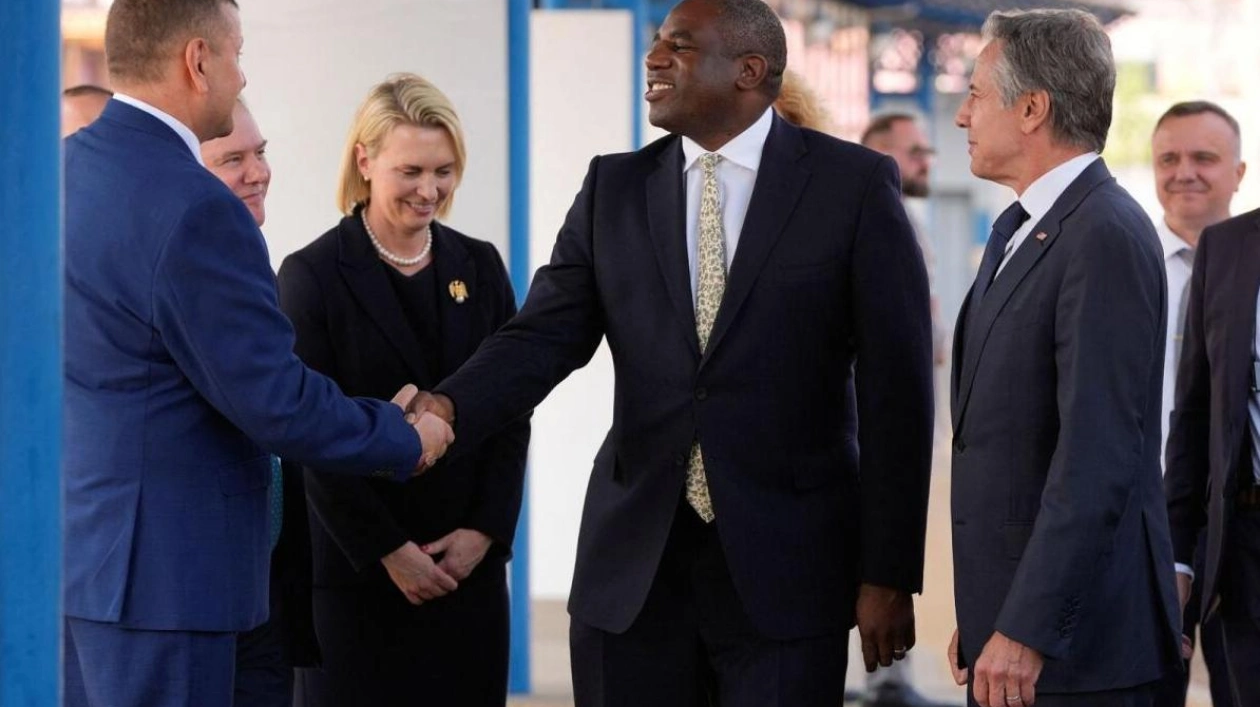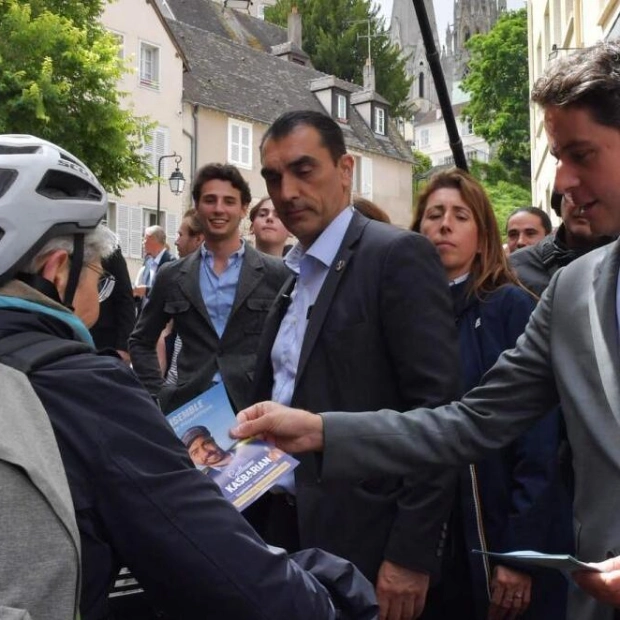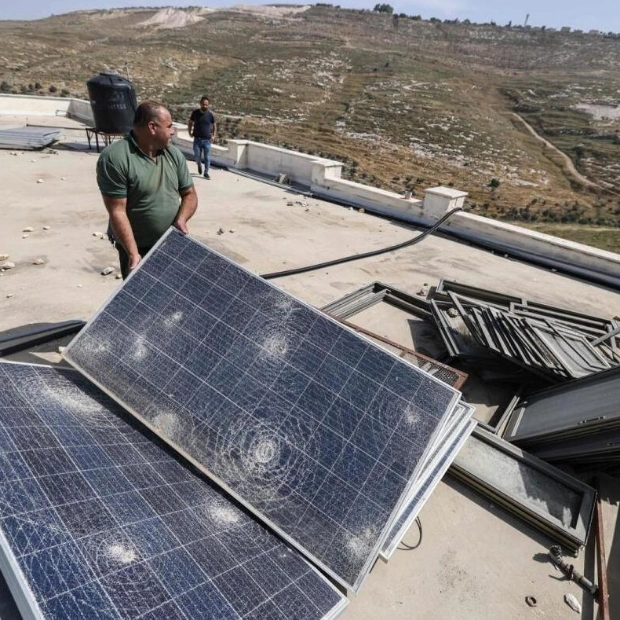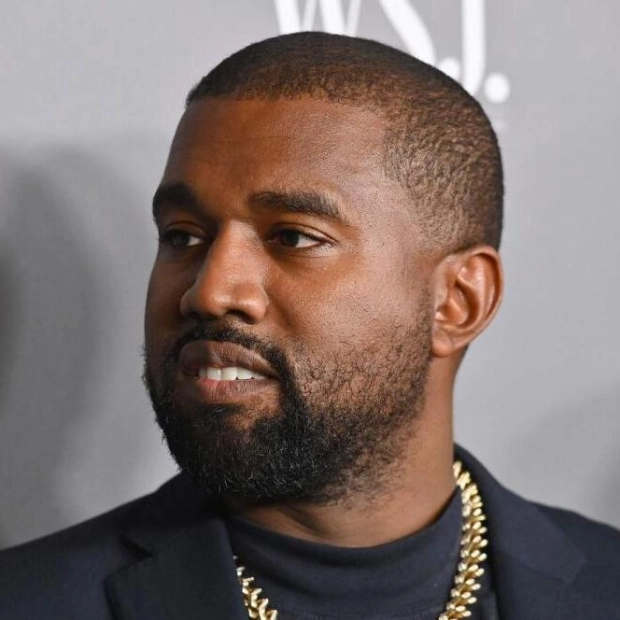US Secretary of State Antony Blinken and British Foreign Minister David Lammy arrived in Kyiv on Wednesday for a series of meetings with senior Ukrainian government officials at a critical juncture in the war against Russia.
Blinken has expressed his desire to hear directly from Ukrainian President Volodymyr Zelensky and others about Kyiv's objectives in the war and what Washington can do to assist in achieving them. Zelensky is expected to reiterate his appeals to his allies to permit Ukraine to use Western missiles, including long-range US ATACMS and British Storm Shadows, deep into Russian territory to curb Moscow's capability to launch attacks.
Blinken and Lammy are anticipated to press Ukraine for further details on its strategic objectives as they contemplate whether to give the green light, according to Western sources. There is unease in Washington and some European capitals that such a move could provoke Russia into a direct conflict with the West, while officials acknowledge that Ukraine requires more support if it is to turn the tide of the war in its favor.
Overnight, US President Joe Biden hinted at the possibility of compromise. Biden stated that his administration is "working that out now" when asked if the United States would lift restrictions on Ukraine's use of long-range weapons in its conflict with Russia. Vyacheslav Volodin, the speaker of Russia's lower house of parliament, warned that Moscow would view the United States and its allies as parties to the war if they allowed Kyiv to use long-range weapons.
Blinken has refrained from stating whether Washington would grant permission, but emphasized that multiple factors are considered in any decision. "It's not just the system itself that matters. You have to ask: Can the Ukrainians effectively use it, and sometimes that requires significant training, which we've provided. Do they have the ability to maintain it?" Blinken said.
On the battlefield, more than two and a half years since the invasion began, Ukrainian forces are struggling against a better-armed and larger adversary, as they attempt to repel Russian advances in the east where Moscow is concentrating its attacks. In an effort to regain some initiative and divert Russian forces, Kyiv last month launched a bold, large-scale cross-border incursion into Russia's Kursk region.
After initial rapid progress, Ukrainian advances have stalled, and on Wednesday, a senior Russian commander announced that his forces had regained control of about 10 settlements. The economic damage from the Kursk incursion amounts to at least $931 million, according to regional governor Alexei Smirnov. Over 150,000 people have been evacuated since the start of Ukraine's attack, he added.
Blinken's visit to Kyiv follows his warning that Russia has obtained ballistic missiles from Iran and is likely to use them in Ukraine within weeks, cautioning that the collaboration between Moscow and Tehran poses a threat to broader European security. Both Russia and Iran deny Blinken's claim.
The increasing military cooperation between Iran and Russia is a threat to all of Europe, Blinken stated, adding that Washington had privately warned Iran that providing ballistic missiles to Russia would constitute "a dramatic escalation". The US imposed fresh sanctions on Iran on Tuesday over the alleged transfer.
Thousands of civilians have perished in the war, which Russia initiated with a full-scale invasion of Ukraine in February 2022. Millions of Ukrainians have been displaced, while many cities and villages have been reduced to rubble. Russia has intensified its drone and missile attacks on Ukraine in recent weeks, while Ukraine has also deployed hundreds of long-range attack drones deep into Russian territory.
Later this month, Zelensky is set to travel to the United States and present a plan to Biden and his two potential successors in November's presidential election, which he hopes will bring an end to the war closer.






